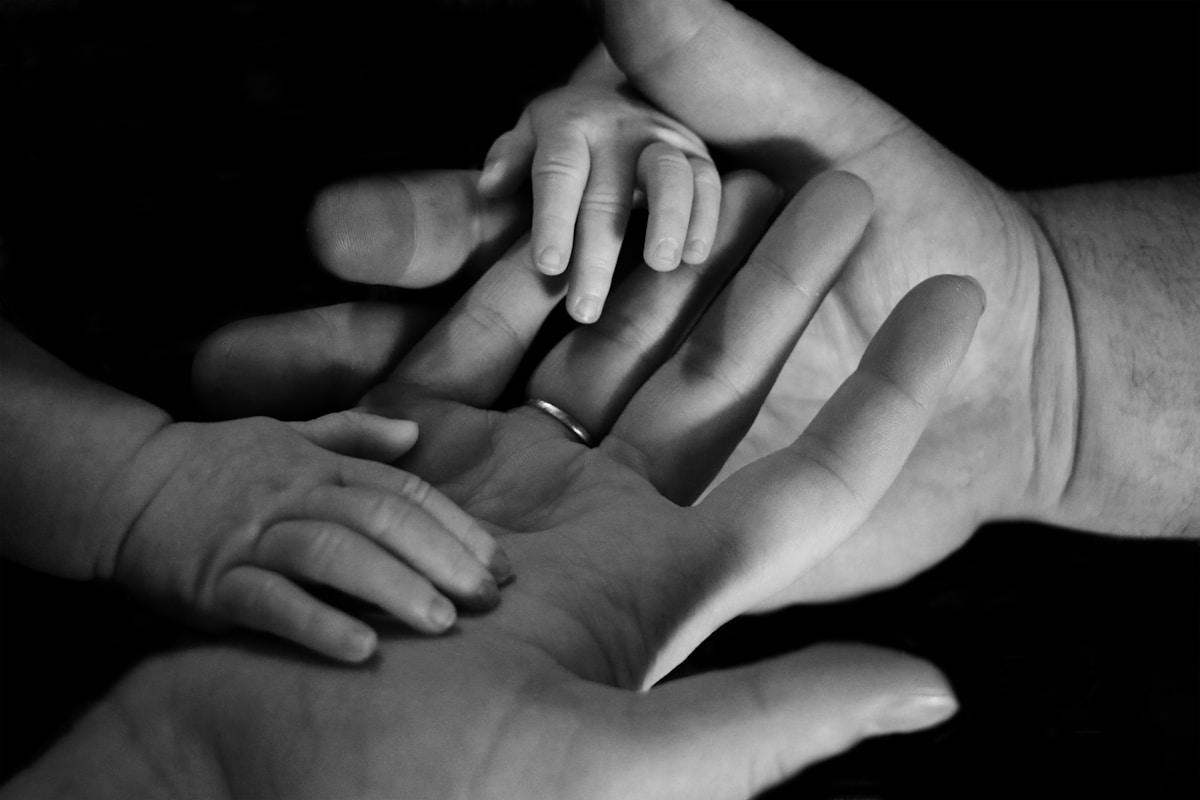Growing up, we see most of the cartoons and TV shows full of happy, smiling families. Such programs will usually have a concoction of loving, doting parents, siblings who got your back and uncles, aunts and cousins who will do anything to make your day fun. Sure, they usually start with some misunderstanding or family squabble, but by the end of the episode, every problem has been ironed out, and they’re back to being a happy-smiley family.

For many kids and teens out there, reality is far from these sugar-coated reels. No family is perfect, but we all agree that some children have it tougher than others. These children have grown up seeing hatred, abuse, and even violence within the confines of their own homes, which is supposed to be their safe place. What happens in our childhood homes, affects us and stays with us throughout life. It creeps up in our insecurities, panic attacks, sleepless nights and many misplaced decisions.
If you come from a troubled family, the journey to healing and wholeness may not be easy, but know that God’s heart is to restore you and reconcile relationships. Here are seven truths to help you with your healing process.
1. Forgiveness: Be willing to forgive your family for what they did. Forgiveness is one of the first steps towards healing. Jesus is the ultimate expression of forgiveness and grace. As we experience his love for us, it becomes easier to let go of resentment we feel towards those who wronged us.
2. Understanding: Our parents are human beings too. They are imperfect. In most circumstances, every parent is only trying to give the best to their child, as they best know how. Sometimes, this “best” ends up hurting the children. It is true that a child will never fully understand what it means to be a parent till they have children themselves. Can we not cut our folks some slack?
3. Say Sorry: As much as it is hard to forgive, it is even harder to apologise when one is in the wrong. Don’t let a heartfelt “I am sorry” get in the way of a healthy relationship with your loved ones. Be the bigger person, always!
4. Baby Steps: You don’t have to start with a big family meeting to sort things out. Take baby steps towards reconciliation—write a letter or make a phone call.

5. Open to Love: “You can only love to the level you can be hurt”. This is some heavy truth. You might think that some pain has hurt you beyond repair. Maybe, you have shut yourself out to insulate yourself from getting hurt again. Now, this kind of thinking only prevents you from receiving love from others. Opening up to love, means opening up to the possibility of getting hurt. You have to be brave and open your heart up despite everything you have been through. Just because you did not get a loving family in the beginning, does not mean you cannot build one later.
6. Getting Help: It is not always easy to admit that we come from dysfunctional families. It feels isolating, like something we have to hide. However, no set-back should alienate us from functioning normally in society. There are many who have thrived and gone on to become successful despite coming from underprivileged or broken families. Reach out to someone—a friend, a coach, or anyone whom you can confide in. Lean into positive relationships. Get comfortable talking about how you feel. If need be, take the help of a therapist. They will help you in your healing process, and even help identify the root cause of each issue and teach you how to overcome them.
7. Reaching Out: Your vulnerability can become your greatest strength. Going through difficult experiences makes us more compassionate and empathetic towards those who are suffering. By sharing your experiences, you may be able to help someone who is going through the same thing as you did.
We want to encourage you to believe God for your miracle of healing and reconciliation. The more hopeless your situation seems, the greater the impact of your restoration will be! Don’t give up! If you'd like to chat, connect with us HERE. :)